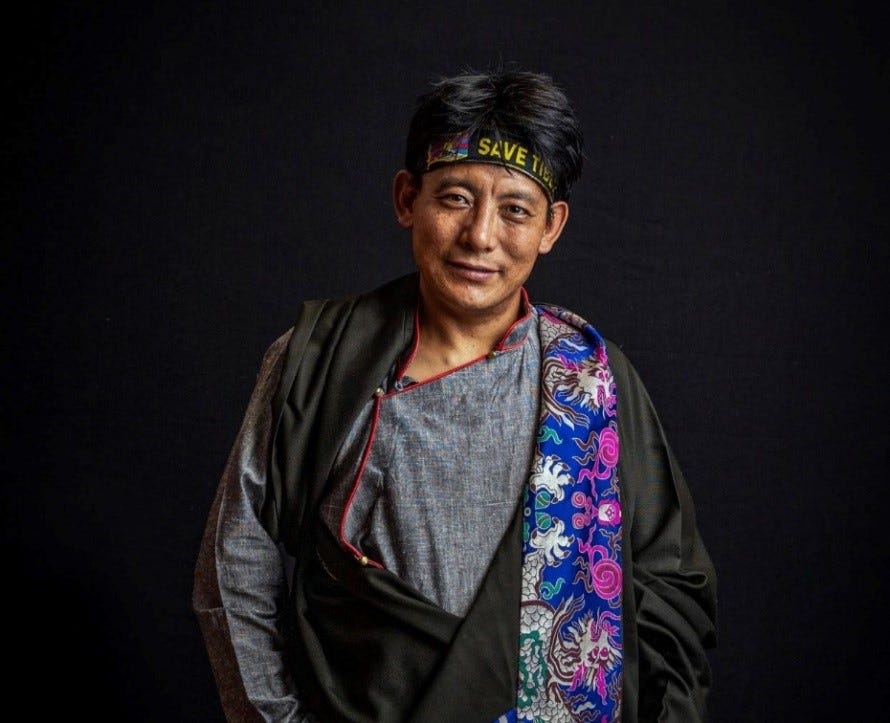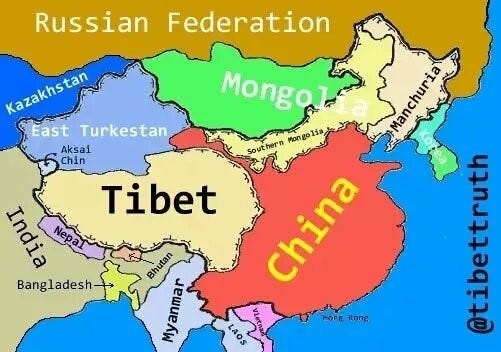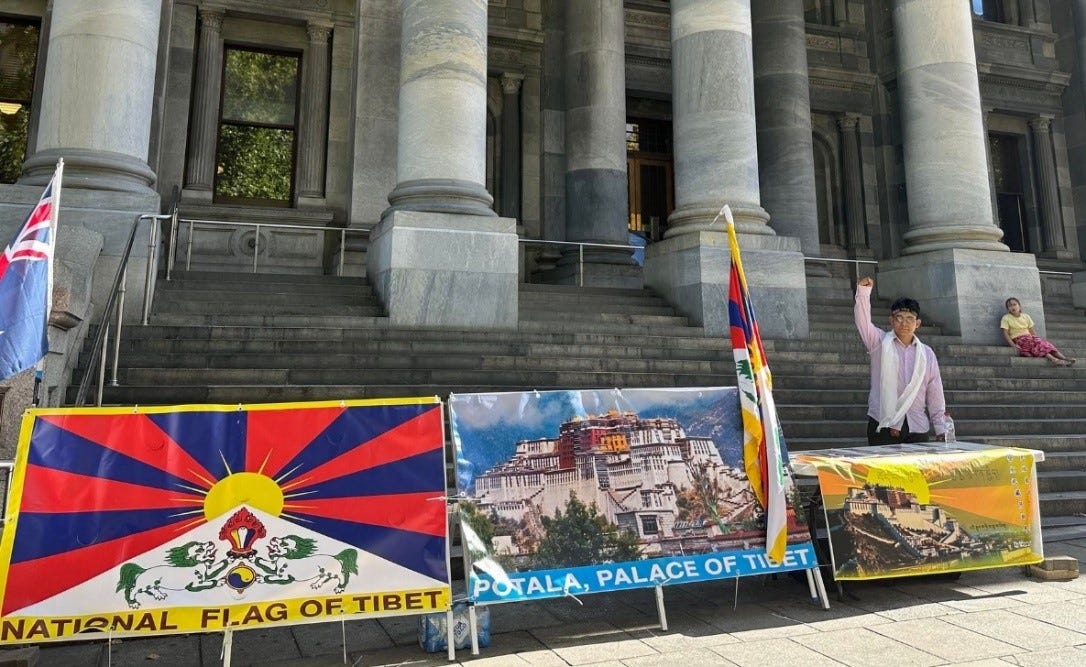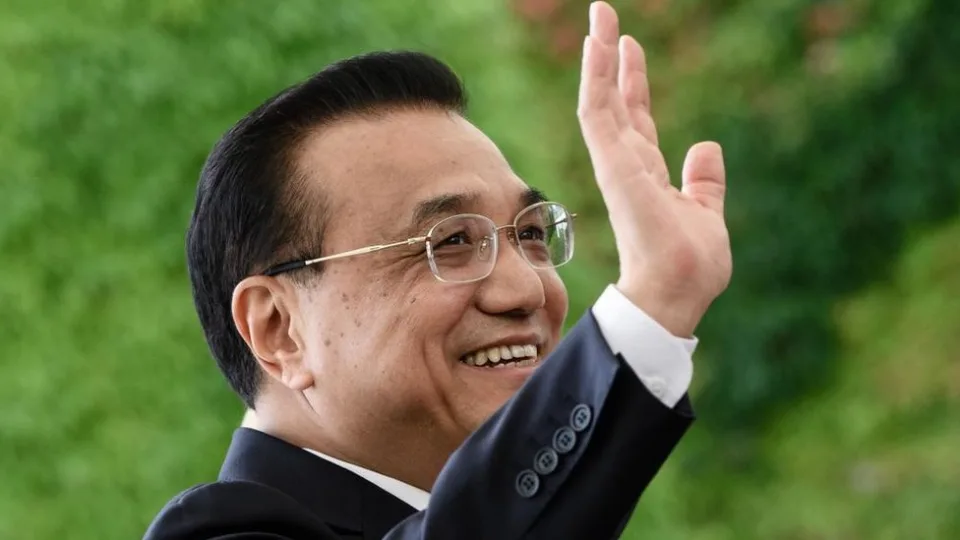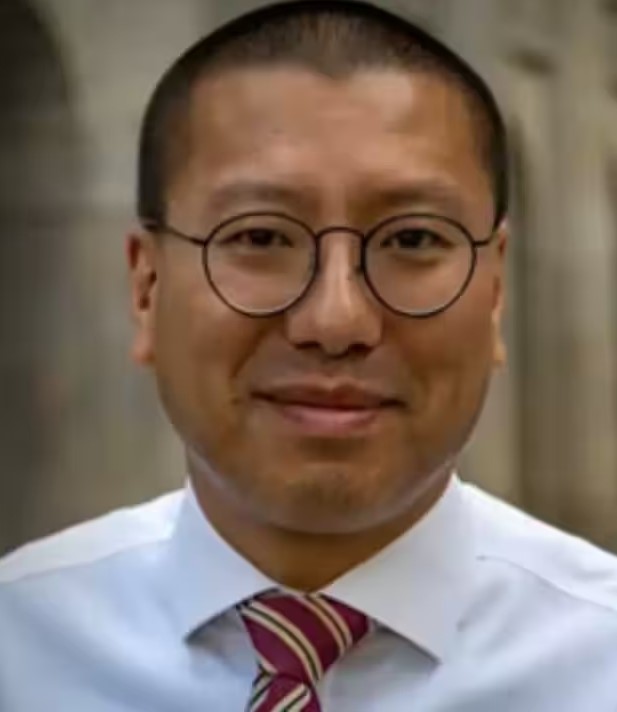Betrayal for Bucks: A Seduction Story
If Foreign Interference is still a strange concept for laid-back Aussies, we will all soon be familiar with it – directed, supervised or financed foreign meddling and, unfortunately, citizens who knowingly assist with such foreign meddling for various reasons.
The most common reason, of course, is financial benefits. And the most rampant meddler is not Iran, or even Russia, but Communist China, a fact the Albanese Government refuses to admit. But they know. We also know. It is the elephant in the room.
Playing by the rules is not in the Beijing psyche. We can, therefore, expect more and more of these novel criminal charges to occur in Australia.
On 14 April 2023, Sydney man, Alexander Csergo, was charged with one count of ‘Reckless Foreign Interference’ by the Australian Federal Police (AFP) for allegedly selling sensitive Australian defence and economic information to the Chinese Communist Party.

That was the second time anyone had been charged with a Foreign Interference Offence in the country since the relevant legislation passed in the Australian Parliament in 2018. The first Australian charged with Foreign Interference, a Melbourne man with Vietnamese heritage, was reported in Liberty Itch in February 2023.
A savvy Australian entrepreneur, a UNSW graduate, Mr Csergo, aged 55, had taken cash payments from the CCP proxies in exchange for his reports on Australia’s defence and trade matters, Sydney Court heard on 17 April 2023.
Mr Csergo was approached by two individuals via LinkedIn, calling themselves ‘Ken’ and ‘Evelyn’, who told Mr Csergo that they were from a ‘think tank’. They asked Mr Csergo to assist with their ‘research’ by providing information on highly sensitive national security matters to their make-believe research centre.

Magistrate Michael Barko denied bail for Mr Csergo, stating that the prosecution had a compelling case and the defendant was a “sophisticated, worldly businessperson” with flight risks.
According to court proceedings reported by The Australian Financial Review on 14 April 2023, Mr Csergo admitted that he knew the two individuals who approached him were from China’s Ministry of State Security.
The reports compiled by Mr Csergo included data on Australia’s AUKUS defence technology partnership, the QUAD, iron ore and lithium mining. They had been discovered by the AFP three weeks after Csergo returned to Sydney. Mr Csergo had been on the AFP radar since 2021, the court was told.
On 23 April 2023, The Guardian reported that Mr Csergo’s defence lawyer, Bernard Collaery, was requesting the Attorney General, the Hon Mark Dreyfus KC MP, to drop the matter before the court.
As libertarians, we may have conflicting emotions regarding these charges. While we advocate for personal freedom, privacy, and limited government intervention, we are also becoming increasingly aware of the growing threat posed by the CCP, as it aggressively abuses and exploits our open and ‘lenient’ democratic policy.
Liberty Itch has reported on numerous CCP influence operations in our institutions, including in Higher Education and Political Parties.
Without tough legislation in place, our freedom, sovereignty and the integrity of our institutions will be, if not already, in jeopardy.
As democracy loving liberals, of course, we presume Mr Csergo innocent until proven guilty. We also appreciate how important it is to have separation of powers between the executive and the judicial system.
Asking the AG to exercise his executive power to drop the prosecution is questionable to those who believe in the rule of law. This is a national security matter for all Australians and a matter of public interest.
In light of this, Liberty Itch earnestly hopes that the Hon Mark Dreyfus KC MP will continue to resist pressure from the defense lawyer which could obstruct the discovery of truth and the delivery of justice in our court.
Amidst the disappointments that we have held in recent times as a nation, I hope that we have not all completely lost our faith in the institutions that form the backbone of our society. Otherwise, we would only serve to amuse the manipulative Chinese regime that seeks to exploit our discord and disunity.

